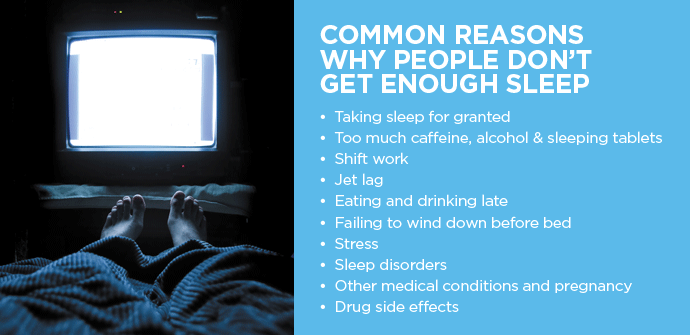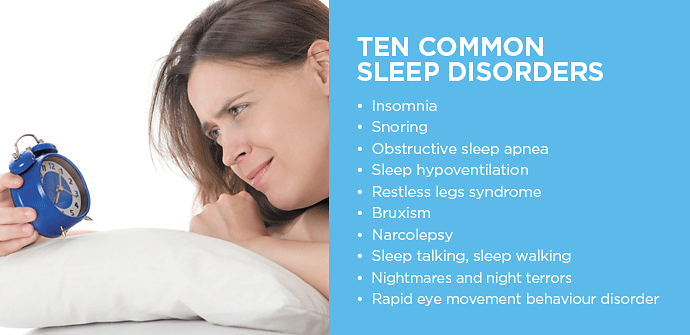The World Sleep Society's annual World Sleep Day is being held on Friday 17 March. This year's theme is Sleep is Essential for Health
Sleep is as essential as diet and exercise - yet often it is under-valued! But, how much sleep to we actually need?
It’s well known that children need more sleep than adults, and as children grow up, the amount of sleep they need decreases. Here is a rough guide
Newborns (0-3 months) : 14-17 hours
Infants (4-11 months) : 12-15 hours
Toddlers (1-2 years) : 11-14 hours
Preschoolers (3-5 years) : 10-13 hours
School Children (6-13 years) : 9-11 hours
Teenagers (14-17 years) : 8-10 hours
Adults (18-64) : 7-9 hours
Older adults (65+) : 7-8 hours
It’s no secret that a lot of us struggle to get to sleep at night, but why?
It is very important to appreciate how important sleep is. Time in bed should be considered time well spent! While we sleep, our brains form memories and go through the day’s events - remember this, sleep is not a waste of time.
Good sleep habits, also know as good sleep hygiene, are things you can do before bed to improve your sleep quality. Following these good sleep habits may help you with your sleep.
Top 10 tips on getting a good nights sleep:
Have a regular sleep pattern; try to go to sleep at the same time every night and get up at the same time every morning (we will let you off for the occasional lie in)
Be in bed for the correct amount of time; the average number of hours an adult needs to sleep is 7-8
Bed is for sleeping, not for hanging out; playing on your phone and/or watching tv can mess up your sleep. You really shouldn’t sleep with the TV or other devices on either - your mind needs to know that if you are in bed, you are there to sleep.
Wind down and relax before bed; try to avoid using your phone or computer within an hour of bedtime, try not to worry about the day you’ve had or the day ahead. Find a relaxation technique that works for you, and use it!
Have a comfortable bedroom; your bedroom should be dark and quiet, with comfortable bedding and good temperature control
Avoid caffeine, alcohol and cigarettes; alcohol might help you drift off to sleep faster, but it will decrease the quality of your sleep throughout the night. Cigarettes, cups of tea/coffee and fizzy pop are stimulants that can keep you awake - so it makes no sense to have these before bed
No napping in the day; if you sleep during the day, it will make it much harder to get to sleep at night. Don’t let yourself fall asleep in front of the TV - but if you absolutely have to nap, you shouldn’t nap for more than 20 minutes, and then you shouldn’t go to bed for at least 4 hours
Don’t watch the clock; if you can’t sleep at night, watching the clock will just make you more anxious - turn the clock around if you can’t take it out of the room, and resist the temptation to look at the time on your phone.
Avoid sleeping pills; unless in exceptional circumstances - sleeping pills do not fix the cause of your sleeping problem, and you don’t want to become dependant on them!
Get professional help if you are still struggling after putting these tips to use; if lack of sleep is affecting your mood, if you have excessive daytime sleepiness, restlessness in bed, severe snoring, or not feeling refreshed after and adequate length of time asleep; contact us - we can offer the further support you may need!
Visit https://worldsleepday.org/ for more information on how important your sleep is!
Space for Sleep
And if you're struggling with your sleep, why not consider trying our online Sleep Course Space for Sleep. To access this online programme please visit the Silver Cloud website
This programme will teach you the skills for overcoming your sleep difficulties, allowing you to achieve better quality sleep and wake up feeling refreshed.
Understand the causes of poor sleep and how it can affect you.
Accurately assess how you are currently sleeping and track your progress.
Learn proven techniques for developing and maintaining a healthy sleep cycle.



